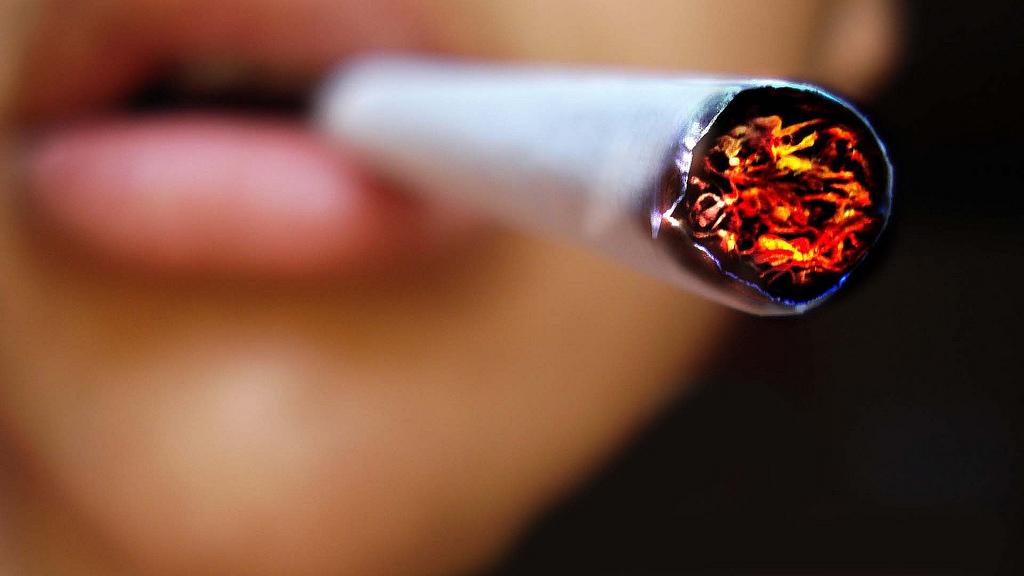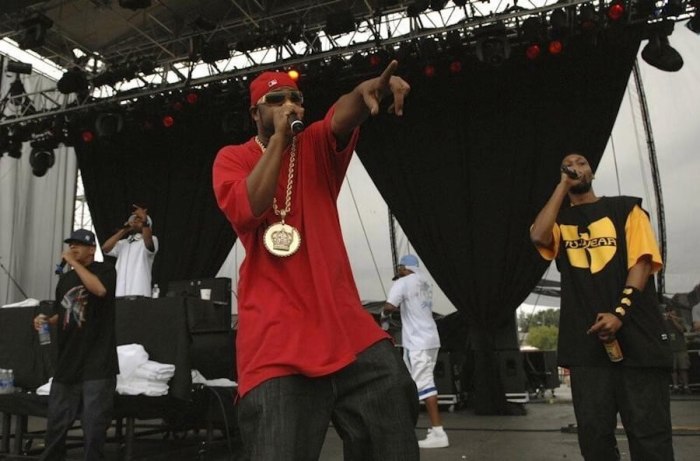Smokers who want to kick their dirty little habit in the new year might find an incentive in a study released Tuesday that reveals just how much they’re paying per pack.
Personal finance siteWalletHub crunched the numbers across the country, and found pack-a-day smokers can pay up to $2.3 million over a lifetime for health care, lost income and, of course, the habit. In New York State, a single pack of cigarettes can range from $10 to $13. To light up a whole pack each day over the course of 51 years, a New Yorker can expect to shell out just shy of $200,000 for cigarettes. If smokers took that cash and instead invested in the stock market over 51 years, they would’ve earned back a whopping $1.6 million.
In Massachusetts, smokers pay the highest health care costs over their lifetimes: $280,080. There, where a pack of cigarettes costs about $9, a smoker will burn $172,000 over their lifetime on smokes alone. Both states have enacted cigarette taxes in the past decade. In 2008, Massachusetts voted to add a $2.51-per-package levy on all packs of 20 cigarettes; New Yorkers pay the highest excise tax on cigarettes at $4.35 per pack. Residents in New York City can add an additional $1.50 on top of that. But those Northeast states also see the lowest rates of smoking, according to the Centers for Disease Control (CDC).
In data released in 2015, the CDC found New York, Massachusetts, New Jersey and Maryland to have among the lowest rates of smoking in the country. Kentucky has the highest, with an estimated 30 percent of the population lighting up daily. In Kentucky, residents pay half of what New Yorkers do in expenses related to smoking: $1.13 million over the course of a lifetime. The average price of cigarettes is about $5.40; before the price jumped 40 cents, Kentucky smokers enjoyed the lowest price-per-pack in the nation. According to WalletHub’s experts, there is a correlation between cost of smoking and the rate at which people light up. Steven Branstetter, an associate professor of biobehavioral health at Pennsylvania State University said increasing taxes is an effective method to reduce demand. “For every 10 percent increase in taxes, there is a corresponding reducing in smoking of up to 15 percent in youth smokers and up to 7 percent in adult smokers,” Branstetter said in the report. RELATED: Drinking, drug use largely down among US teens in 2016 Jill Gonzalez, another WalletHub expert who worked on the study, echoed that sentiment in an email to Metro, saying that increasing out-of-pocket costs to smokers reduces the number of smokers in a state. Gonzalez also said employers are limited by discrimination policies, but “can certainly encourage a healthy workplace.”
Kentucky has no statewide bans on smoking — and that includes in restaurants and bars and in the workplace. Massachusetts and New York, conversely, has outright bans in all of the above.
To some experts on the study, like Kenneth Ward, a professor in the School of Public Health at the University of Memphis, bans are not enough.
“Comprehensive tobacco policies are the most effective,” he said, which include taxation, advertising restrictions, laws regarding clean air, restricting youth access and providing access to affordable cessation treatment,” he said. “Employers and health insurance companies both have important roles in encouraging people to quit and providing access to cessation services.”
Smokers pay up to $2.3M over a lifetime: Report

Flickr / Volver Avanzar


















